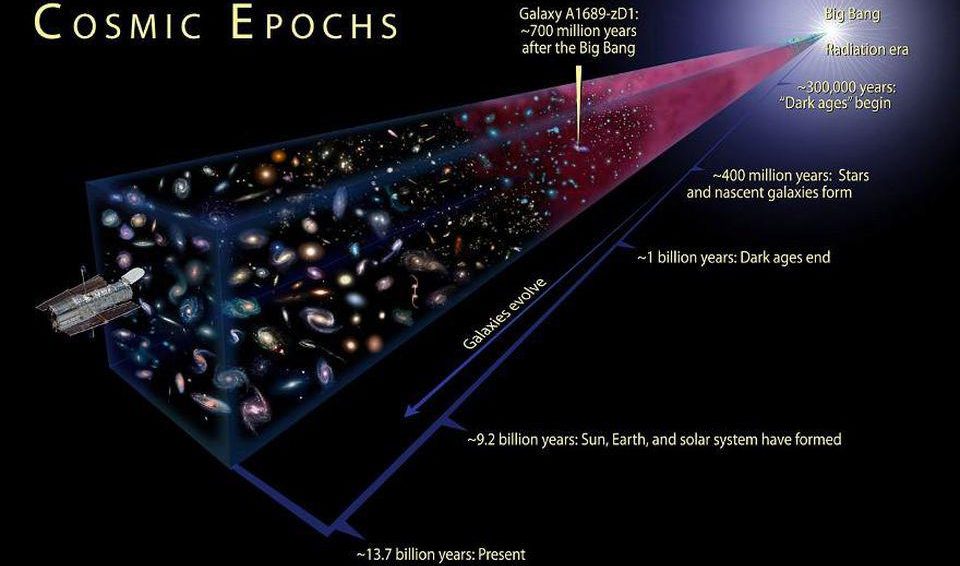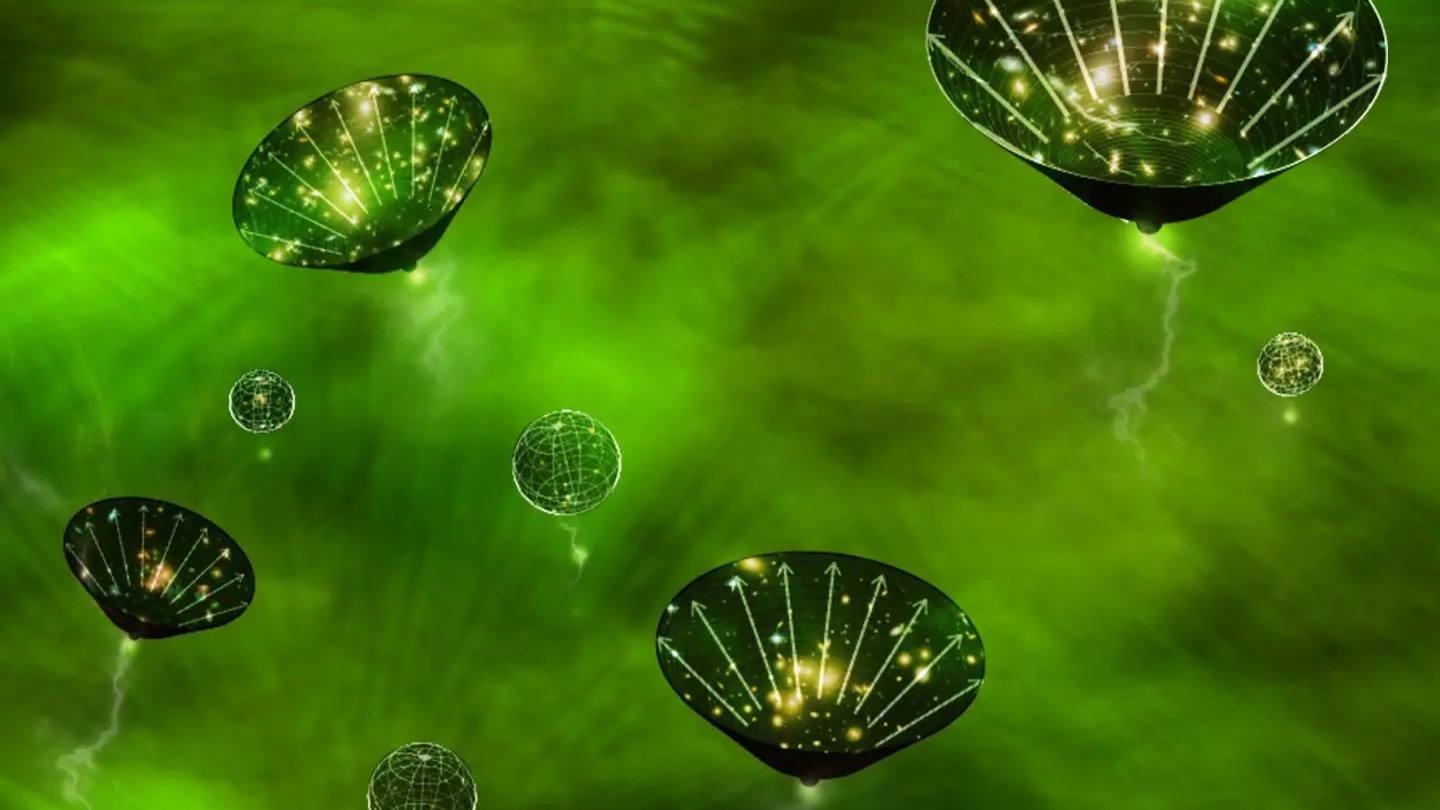When it comes to our Universe’s origins, scientists discuss the Big Bang, cosmic inflation, and other theories. Why doesn’t “God” come up?
Historians Alexandra Churchill and Nicolai Eberholst reexamine the pivotal conflict from a grassroots perspective.
Welcome to The Nightcrawler — a weekly newsletter from Eric Markowitz covering tech, innovation, and long-term thinking.
On the largest scales, galaxies don’t simply clump together, but form superclusters. Too bad they don’t remain bound together.
One does not simply make a meme go viral.
Our minds crave simple, linear narratives. But society rarely follows a straight line.
Author and geopolitical strategist Paulo Cardoso do Amaral urges us to ask: Will we shape AI with wisdom, or will AI reshape us with strategy?
The conversation you’re having with an LLM about groundbreaking new ideas in theoretical physics is completely meritless. Here’s why.
The psychologist, educator, and former NBA player discusses the professional volumes and childhood stories that shaped his life and his approach to it.
You might love your leadership role and inspire fierce loyalty — but what if that comes at the expense of a disastrous balance sheet? Here’s a way forward.
Somewhere, at some point in the history of our Universe, life arose. We’re evidence of that here on Earth, but many big puzzles remain.
The host of the Money with Katie Show has some priceless advice for women on how to approach pay-rise negotiations.
Even just by examining the Moon with the unaided eye, we can learn an incredible amount about the Moon, Earth, and more.
The Big Bang was hot, dense, uniform, and filled with matter and energy. Before that? There was nothing. Here’s how that’s possible.
Some books are remembered for their lyrical prose or engaging stories. Others are remembered for simply being weird.
Welcome to The Nightcrawler — a weekly newsletter from Eric Markowitz covering tech, innovation, and long-term thinking.
Realizing that matter and energy are quantized is important, but quantum particles aren’t the full story; quantum fields are needed, too.
It makes no sense to talk about a “religious life” and a “public life” — there is just life.
With the right material at the right temperature and a magnetic track, physics really does allow perpetual motion without energy loss.
Stuck on a hamster wheel of mindless social media scrolling? Neuroscientist Anne-Laure Le Cunff explains how to consciously redirect your reward system.
In “The Headache,” Tom Zeller Jr. explores one of the human brain’s most enduring, and painful, enigmas.
A conversation with the legendary VC on his latest book, his work at Techstars, and why “give first” is more than a motto — it’s a mindset.
Whether you run the clock forward or backward, most of us expect the laws of physics to be the same. A 2012 experiment showed otherwise.
The JFK Memorial at Runnymede provides a link between America’s and Britain’s founding documents.
If you want the best shot at long-term success, it can pay to supplement hot-shots with seasoned industry veterans.
When the Hubble Space Telescope first launched in 1990, there was so much we didn’t know. Here’s how far we’ve come.
Once you cross a black hole’s event horizon, there’s no going back. But inside, could creating a singularity give birth to a new Universe?
Before becoming America’s most infamous assassin, John Wilkes Booth was a magnetic actor who was beloved by audiences and courted by critics.
Welcome to The Nightcrawler — a weekly newsletter from Eric Markowitz covering tech, innovation, and long-term thinking.
It’s something to wrestle and live with, says behavioral scientist Arthur Brooks.





























